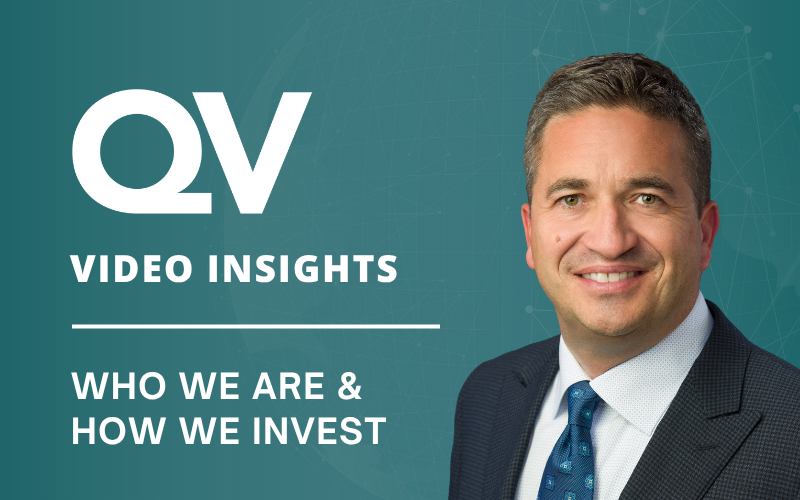During these challenging times, it is helpful to remember that human nature is inherently good, and that we have the capacity to act selflessly and in the best interest of others. On a day when I needed reassurance of this notion, I was reminded of the story of Dale Schroeder – the Iowa man who endowed his entire life savings to a scholarship fund in his name. Since his death in 2005, his scholarship has put 33 students through university – something Dale never got the chance to do himself. Some might assume that Dale must have been a business tycoon or investing prodigy to have accumulated enough wealth to send that many people to school. In fact, he was a humble carpenter who worked hard, lived frugally and saved his earnings over a very long period of time. Over the span of 67 years, Dale saved nearly US$3 million. Simply remarkable.
In his book, The Psychology of Money, investor and columnist Morgan Housel recounts the similar story of Ronald Read, a janitor-turned-philanthropist who also kept it simple by living within his means and saving over a long time period. Read invested his savings and continuously reinvested the earnings on his investments in blue-chip stocks. Due to the power of compounding, his meagre savings grew exponentially. When he passed away at age 92, he left behind an extraordinary estate worth US$8 million. Housel goes on to cite Warren Buffett, one of the most well-known investing minds. At 90 years of age, his net worth is currently estimated at around US$84.5 billion. 96% of this fortune was earned after his 60th birthday, when most of us are considering retirement.
Without taking any credit away from Buffett’s investment acumen, as we indeed consider him to be one of the greats, the common denominator across these three stories is decades of uninterrupted compounding. Unfortunately, as Housel points out, the nature of compounding is somewhat counterintuitive, leading many investors to ignore its potential and seek higher returns over shorter time periods. This is especially true during extreme market cycles. Over short time horizons, good investment decisions may not have a chance to play out and the benefit of compounding is lost. Housel points out that even highly regarded investment professionals have fallen victim to this trap, wiping out their entire net worth with a short-term mindset. In actuality, one does not have to earn the highest returns in order for compounding to work. All it really takes is earning reasonable returns consistently over the longest possible period of time.
QV’s long-term clients have experienced the beauty of compounding reasonable returns over time. Even clients invested in our most risk-averse fund, the QV Canadian Income Fund, have doubled their initial investment since the fund’s inception 18 years ago with an annualized gross return of 4.2%. This may not sound exciting to some, but for clients with low risk tolerance, it is a welcome result. Indeed, it is better to invest in a more conservative strategy you won’t interrupt, than a riskier strategy whose volatility you can’t stomach.
Having the means to save and contribute even a small amount consistently each year makes the concept of compounding even more compelling. The chart below illustrates the additional wealth accumulated when a modest annual contribution is added into the compounding equation.

Source: QV Investors
Not much is known about how Schroeder invested his savings. As we have learned, his success would not have required a complex investment strategy nor outsized returns, rather patience and consistency to allow compounding to work.




